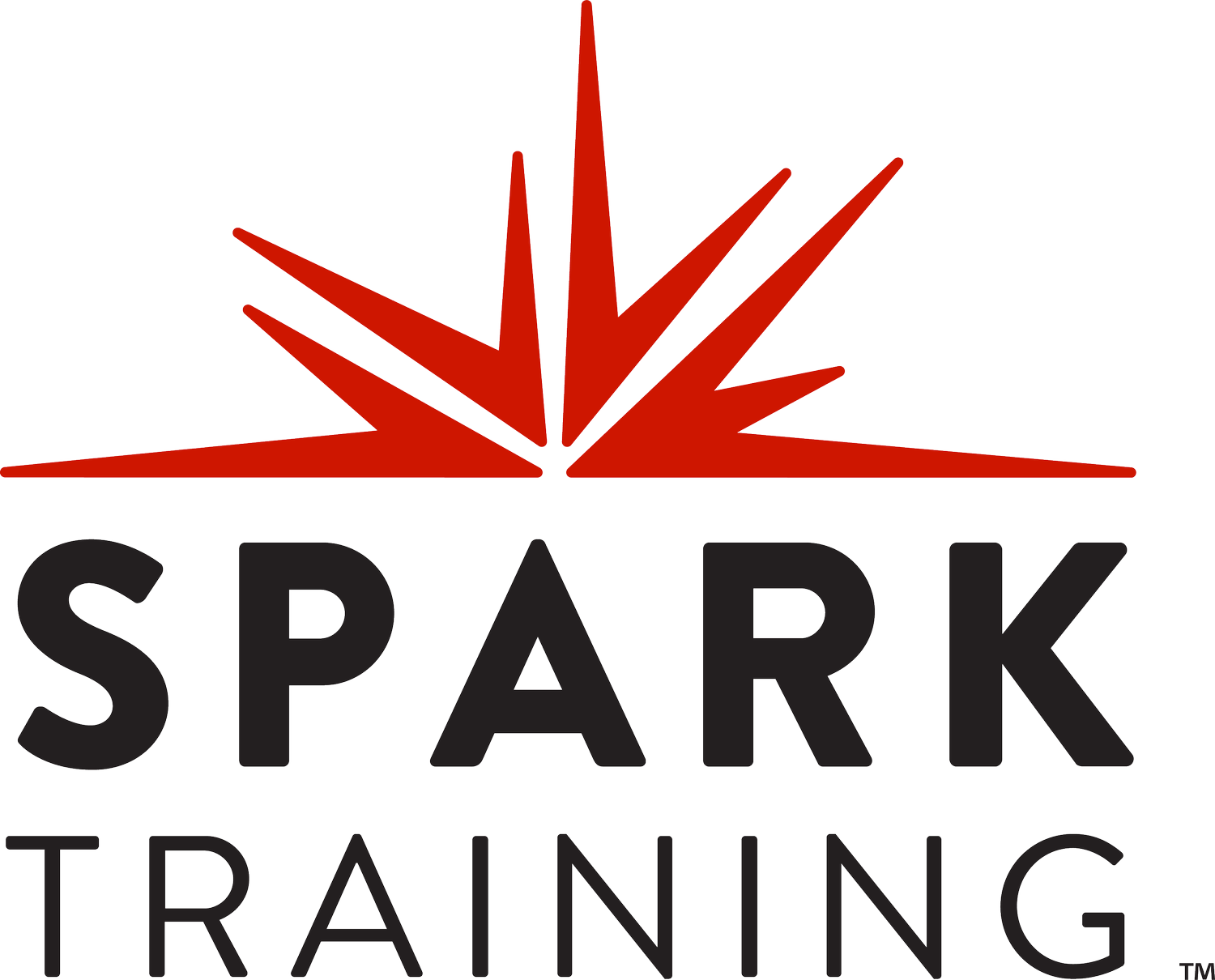Flu Shot Factsheet & Checklist
Influenza (flu) season is upon us. The Centers for Disease Control and Prevention (CDC) recommends the vaccination be offered to adults with no contraindications. The goal for facilities should be to offer the vaccination, known as the “flu shot,” to patients by the end of November. Flu shots through correctional pharmacies cost about $20 per vaccination.
Vaccinate high-risk detainees
Screening detainees for the flu shot at their initial health assessment can help identify risk factors and get people vaccinated proactively, potentially avoiding a backlog of last-minute vaccines come November. Detainees released before the 14-day assessment can be referred to a flu shot clinic, such as the local health department. We recommend prioritizing high-risk detainees for the vaccine, such as…
· Immunocompromised detainees (or detainees on medications that suppress the immune system)
· Women who are pregnant during flu season
· Detainees with chronic lung (including asthma), heart (not including high blood pressure), kidney, liver, and blood diseases
· Diabetic detainees
· Obese detainees (weight >350 lbs)
· American Indians/Alaska Natives
Vaccinate high-risk detainees.
Review flu symptoms
Staff are the eyes and ears of a facility and can help spot signs and symptoms of the flu before an outbreak occurs. It is important to note that flu is a lung problem, not an upset stomach.
Make sure your staff does not come to work with flu symptoms. Flu does not grow in jail; it is brought in from the outside. Early vaccination of your staff can help prevent them from developing the flu and bringing it into the facility. Educate on the symptoms of the flu and instruct leadership to send employees home if they show symptoms. Review flu symptoms with staff.
Flu symptoms equal isolation
Isolate detainees with flu symptoms from others and refer them to medical. Flu can spread quickly through droplets when people sneeze or cough. These droplets can stay on surfaces for up to 48 hours and spread to others in the facility. Routine cleaning can help prevent the spread. Facility-approved cleaners containing alcohol, detergent, or chlorine can kill the flu virus. Additionally, encourage detainees and staff to wash hands often and to sneeze or cough into the crease of their elbow. Simple precautions can help prevent a flu outbreak. Flu symptoms equal isolation.
For more information, please contact training@sparktraining.us.
Disclaimer
All materials have been prepared for general information purposes only. The information presented should be treated as guidelines, not rules. The information presented is not intended to establish a standard of medical care and is not a substitute for common sense. The information presented is not legal advice, is not to be acted on as such, may not be current, and is subject to change without notice. Each situation should be addressed on a case-by-case basis. When in doubt, send them out!®






















